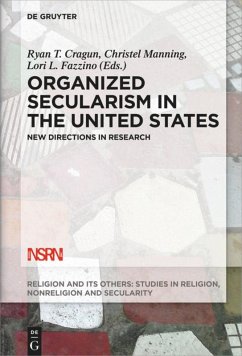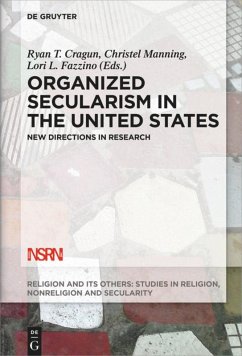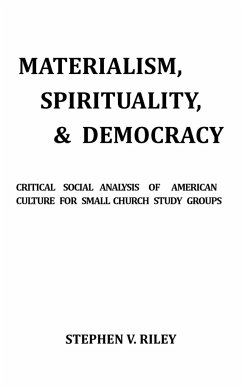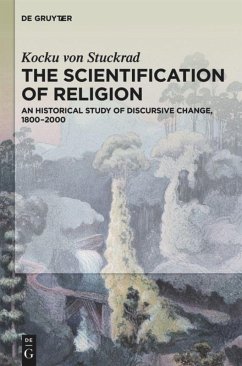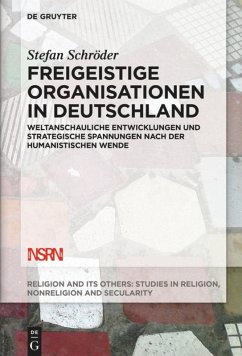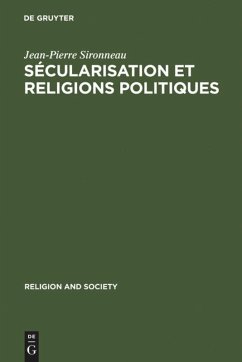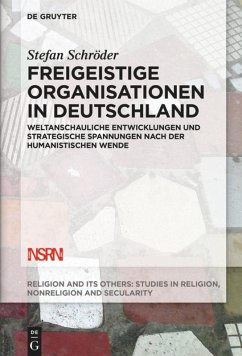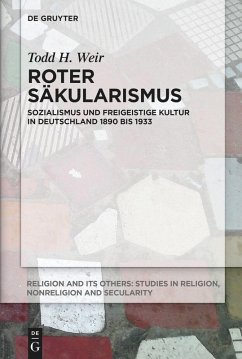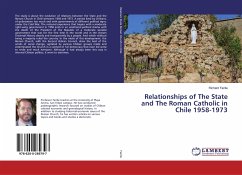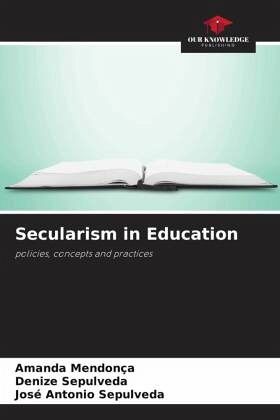
Secularism in Education
policies, concepts and practices
Versandkostenfrei!
Versandfertig in 6-10 Tagen
45,99 €
inkl. MwSt.

PAYBACK Punkte
23 °P sammeln!
Secularism in public education is an old and still unrealized aspiration in Brazil, as in other countries. Our country has a history of links between State and religion that has always affected the autonomy of different fields, such as politics, science, and education. Thus, despite being a nation that has no official state religion and whose current Constitution ensures religious freedom and the right to believe and not to believe, the country experiences a series of confrontations and disputes involving attempts at religious interference in our legislation, public policies, and the guarantee...
Secularism in public education is an old and still unrealized aspiration in Brazil, as in other countries. Our country has a history of links between State and religion that has always affected the autonomy of different fields, such as politics, science, and education. Thus, despite being a nation that has no official state religion and whose current Constitution ensures religious freedom and the right to believe and not to believe, the country experiences a series of confrontations and disputes involving attempts at religious interference in our legislation, public policies, and the guarantee of rights for various social groups. However, this quest for privileges, for the maintenance and expansion of the religious presence in the State's decisions, has never occurred without resistance. It is in this scenario of resistance and defense of secularism that the Observatory of Secularism in education is inserted. From this publication we share current debates on transversal themes ofsecularism of the State and public education, ensuring that everyone can have access to what is being debated, produced and defended by OLÉ in relation to these themes.



